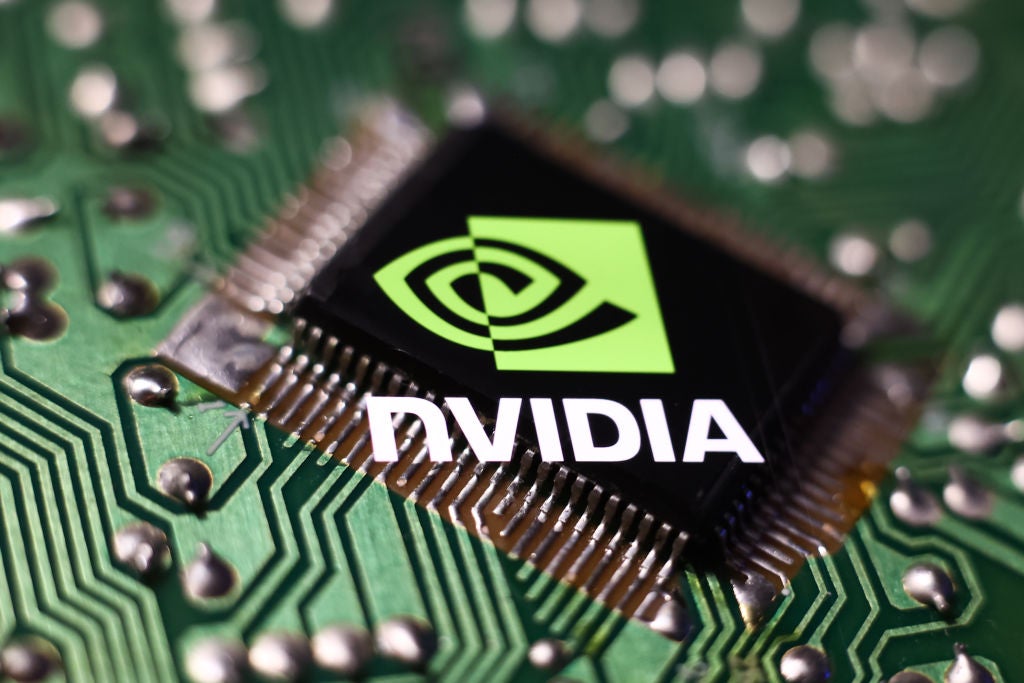
Nvidia Corp, one of the world’s leading chip makers, announced on Monday that it was working with a UK university to build a new supercomputer.
Nvidia’s popular graphics processing units (GPUs) have become a key building block in the rise of generative artificial intelligence (AI) – making them more critical than ever.
Microsoft invested billions of dollars in Nvidia during its investment into OpenAI, as the company needed thousands of Nvidia GPUs to train its popular ChatGPT application with masses of information.
During a supercomputing conference in Germany this week, the chip maker said it had teamed up with Bristol University to create a computer named Isambard 3.
The new computer, the company said, would be completely built from its in-house central processing unit (CPU) chip named Grace.
Until recently, Nvidia’s powerful GPU chips have been used with a CPU made by Intel or Advanced Micro Devices Inc (AMD).
Both Intel and AMD have been industry leaders in the CPU space for years. According to a recent report from Counterpoint, Intel held a 71% share of the global data centre CPU market.
Nvidia started shipping their Grace CPU earlier this year. The company wrote: “AI models are exploding in complexity and size as they enhance deep recommender systems containing tens of terabytes of data, improve conversational AI with hundreds of billions of parameters, and enable scientific discoveries.
“Scaling these massive models requires new architectures with fast access to a large pool of memory and a tight coupling of the CPU and GPU.”
According to Nvidia, the new supercomputer will be used within the confines of Bristol University to assist in scientific research including drug discovery and climate change.
Ian Buck, vice president of accelerated computing at Nvidia, said: “What’s exciting is the whole thing is operating on 270 kilowatts of power.
“That’s actually six times more performance and energy efficiency than the university’s previous system, Isambard 2.”
GlobalData is the parent company of Verdict and its sister publications.







